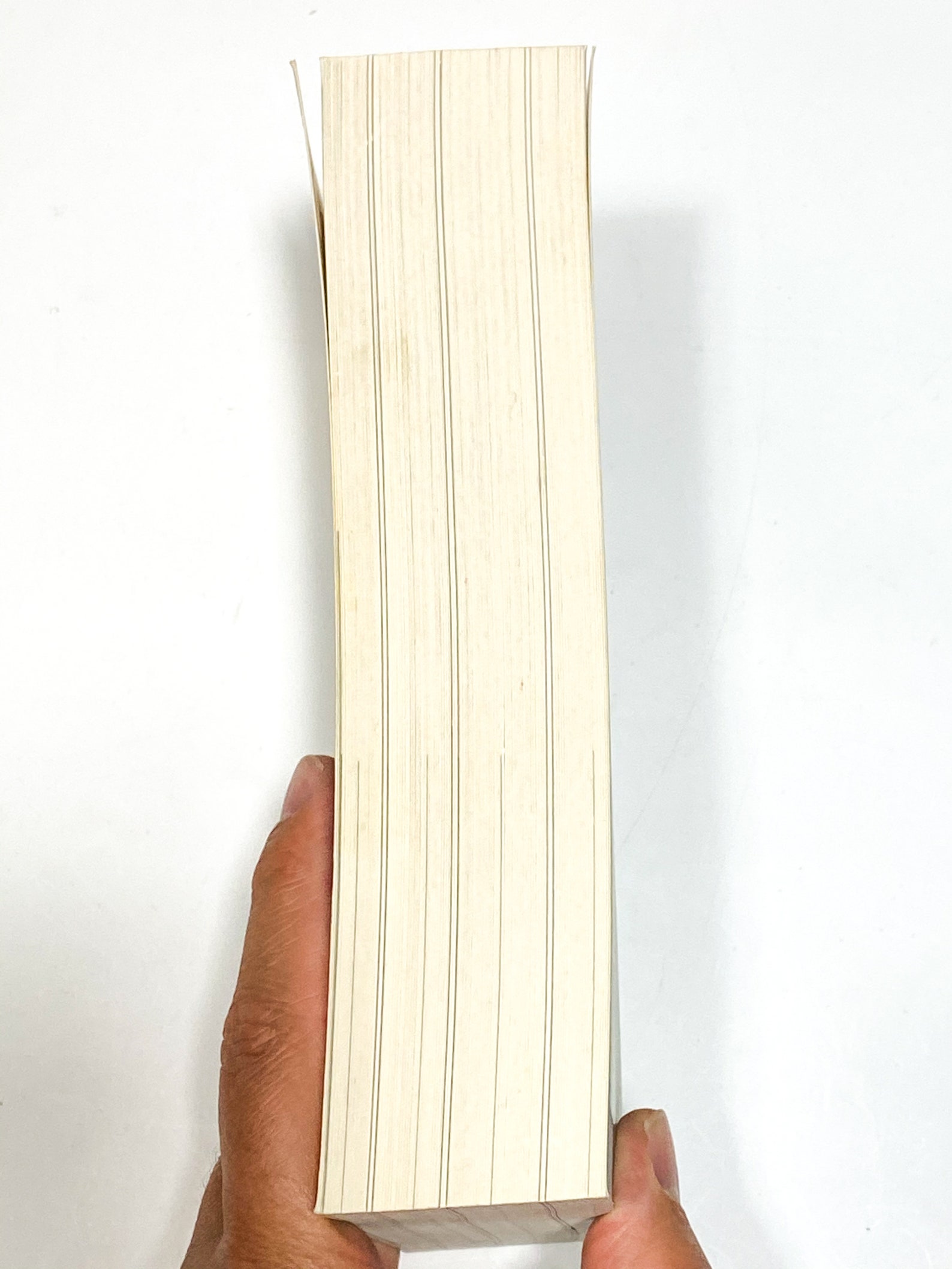

Martin Amis is reported to have called our big books “Big Macs.” In fast-food America, everyone agonizes about fat, but wants to be a big, fat deal. What it’s been paid, the advance, is a variable, but a book with a small advance may become “big,” depending upon how it’s seen in-house, whether editors and salespeople think it can “break out.” If a little book sells, it can become big, the surprise publisher and authors make money from. Marketing determines “big” or “little” more than the way the book is written, its ideas, length, cost. Big, mid, little don’t measure page-length, but how the book will be positioned. Publishers publish big or little books: authors are big or little, midlist or midcareer. It has disappeared and in its place, probably under Reagan, great became big. In the 1950s, when Don DeLillo’s new novel Underworld begins, there was a notion-the great American novel.

The context in which books are written and published is unstable, unpredictable, and who knows how to account for taste, anyway

The picture is not getting better: “The latest survey from the Association of American Publishers shows that net sales of hardcover books are down by 12 per cent per year to date and books are being returned to publishers at an average rate of 45 per cent,” reports The New York Times. The phrase “return of 1996,” the industry’s LA earthquake (when books were returned to publishers in record numbers), is repeated like a mantra. More fiction and nonfiction books are published, but most vanish without a trace, so not only writers, but also publishers and editors are depressed. “True” today means “actually happened,” and invention and imagination are dirty words, viewed as suspiciously as communism in the 1950s.

The novel is an endangered species, as fiction faces down confessions and “real-life” stories. “Bigness is theoretical domain at this fin de siècle: in a landscape of disarray, disassembly, dissociation, the attraction of Bigness is its potential, reconstruct the Whole, resurrect the Real, reinvent the collective, reclaim maximum possibility.”-Rem Koolhaas and Bruce Mau, S,M,L,XLĬontemporary writers worry about the place of writing the cultural space for books.


 0 kommentar(er)
0 kommentar(er)
